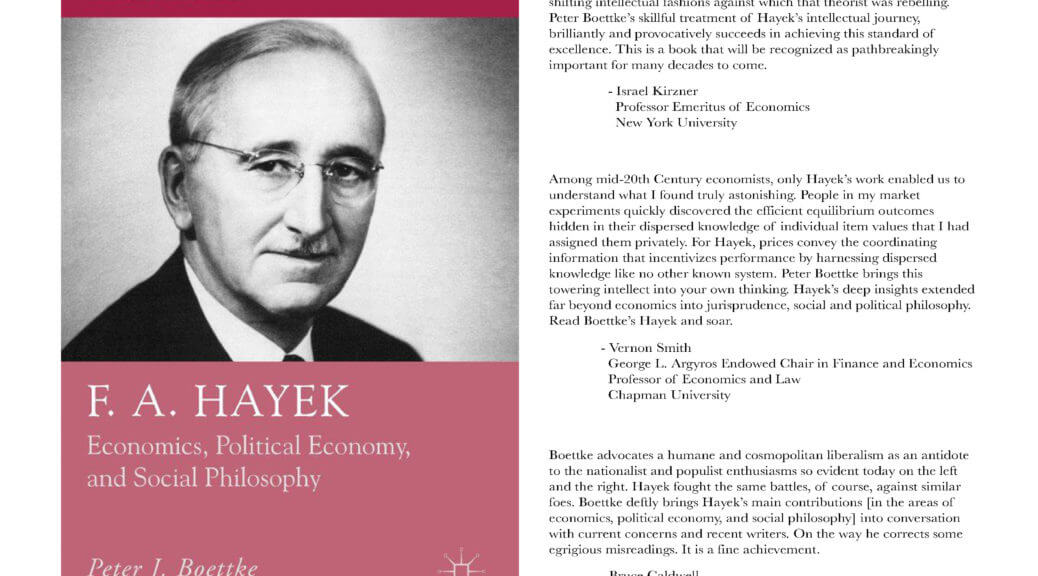Today I discuss one of my own papers: “Instructions” by Freeman, Kimbrough, Petersen, and Tong. This research project on experimental instructions has been ongoing for years, but it was recently conditionally accepted for publication. I tell the story of how the research came together and detail some of the results.
A survey of instruction delivery and reinforcement methods in recent laboratory experiments reveals a wide and inconsistently-reported variety of practices and limited research evaluating their effectiveness. Thus we experimentally compare how methods of delivering and reinforcing experiment instructions impact subjects’ understanding and retention. We report a one-shot individual decision task in which mistakes can be unambiguously identified in behavior and find that mistakes are prevalent in our base-line treatment which uses plain, but relatively standard experimental instructions. We find combinations of reinforcement methods that can eliminate half of subjects’ mistakes, and we find that we can induce a similar reduction in mistakes via enhancements to the content of instructions. Residual mistakes suggests this may be an important source of noise in experimental studies.
Subscribe to Economics Detective Radio on iTunes, Android, or Stitcher.













